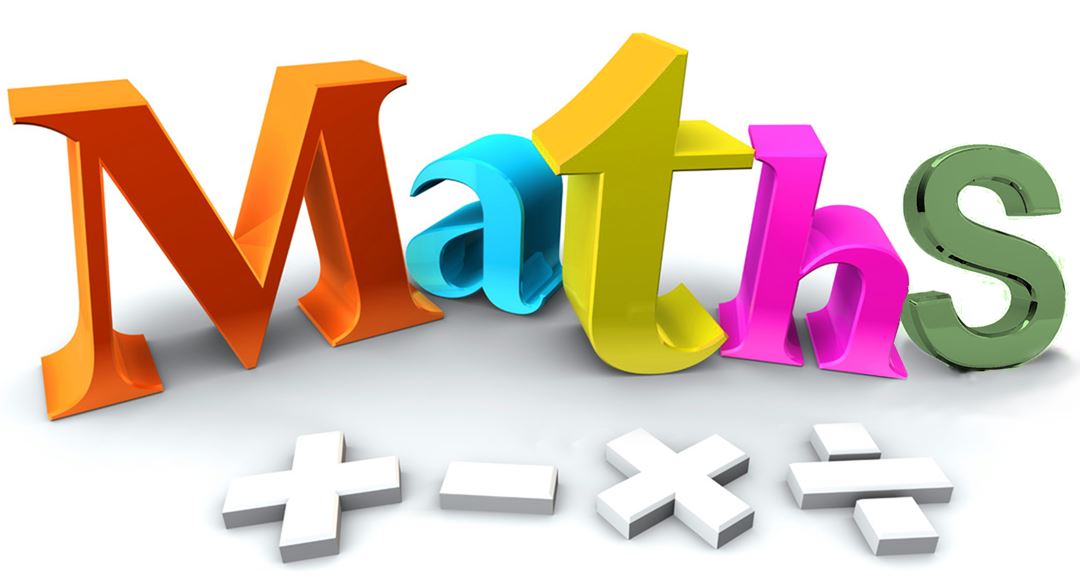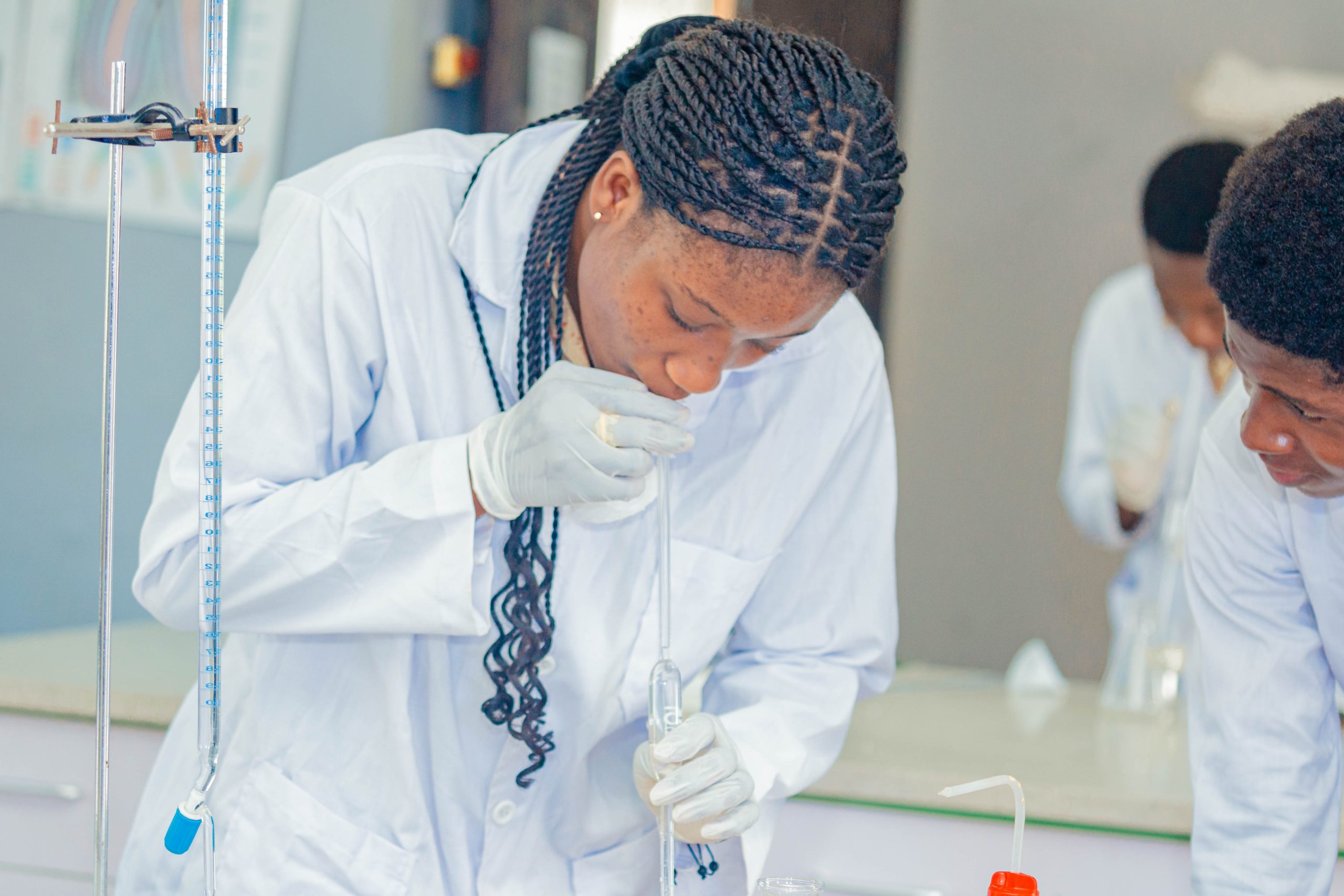Key Points at a Glance Start Early: Introducing STEM concepts at an early age builds foundational skills in problem-solving, critical thinking, and curiosity. Hands-on Learning Matters: Practical activities and real-world applications...
Key Points at a Glance Start Early: STEM habits begin in early childhood. It is advisable to build curiosity and hands-on learning from the foundational stages. Make It Relatable:...
Key Points at a Glance Fractions become more understandable when taught through visual, hands-on, and real-life experiences. Creative teaching methods increase engagement and long-term retention in students. Activities like...
Key Points at a Glance Visual learning aids enhance memory, comprehension, and engagement in language acquisition. Tools like flashcards, diagrams, videos, and real-life visuals cater to diverse learning styles....
Key Points at a Glance Simulations and models simplify complex science topics, making them easier for students to grasp. They encourage interactive, risk-free experimentation and critical thinking. Digital tools...
Key Points at a Glance Mathematics equips individuals with critical thinking and problem-solving skills essential for daily decision-making. Everyday activities like budgeting, cooking, and planning require mathematical reasoning. Educational...
Key Points at a Glance The Cambridge curriculum offers globally respected education standards that prepare students for top universities worldwide. Ghana boasts several reputable Cambridge schools known for academic...
Key Points to Remember In modern classrooms, the role of students is shifting from passive recipients of knowledge to active participants in their learning journey. One powerful strategy that...
Key Points at a Glance Project-based learning makes literature engaging, relevant, and interactive for students. Creative projects like book trailers, character diaries, and thematic debates deepen literary understanding. Students...
Key Points at a Glance Conceptual understanding empowers students to apply math in real-world contexts. Rote procedures without meaning limit problem-solving and critical thinking. Strategies like visual models, discussions, and...







